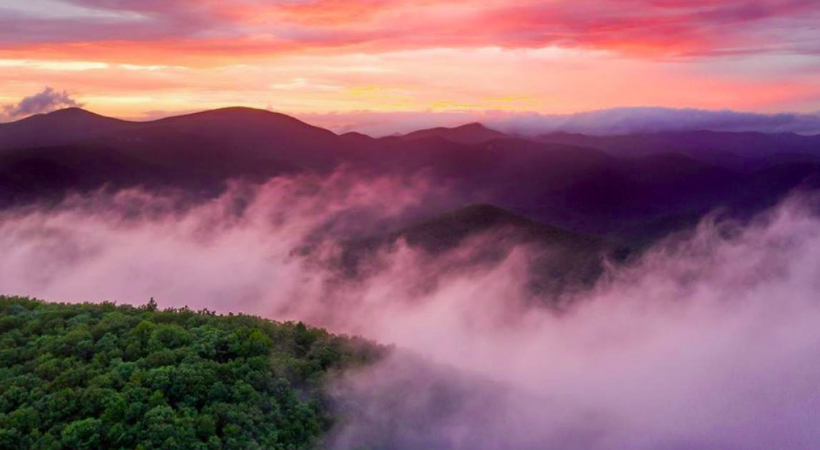Unpredictable nature of the coronavirus crisis puts Georgia’s tourism in a quandary

Georgia’s plan to reopen the country to tourists while safeguarding the relatively under-control coronavirus situation was centred on allowing only tourists from countries that had minimal coronavirus outbreaks. But those plans took a hit when Israel – the first country with which Georgia had signed an agreement – experienced a spike in COVID-19 infections.
“Papers are ready to be signed, but after the epidemiological environment worsened in Israel we sat down and decided to delay this,” Prime Minister Giorgi Gakharia has said.
Georgia is also in negotiations with Baltic countries, the Czech Republic, Poland and Austria over creating the green corridors, but nothing has been decided yet. “This biggest challenge of this crisis is its unpredictable nature,” Gakharia said. “In order not to endanger the health of our citizens we must take extremely cautious steps.”
He also said he expects affluent visitors to arrive first, “not your regular backpacker hitch-hiking around the world.”
The government has yet to unveil a detailed plan for ensuring that tourists don’t bring coronavirus to Georgia. Ideas floated by officials thus far include requiring potential visitors to take a PCR test for the disease 72 hours prior to arrival, or allowing in only those who have spent the previous two weeks in a “safe country.”
The tentative reopening comes as the country’s leadership tries to balance the economic meltdown wrought by the lockdown and the risk of a fresh invasion of coronavirus, which Georgia so far managed to keep at bay through painstaking efforts.
Public health officials, who have led Georgia’s response to the pandemic, don’t sound particularly excited about the nation’s tourism plans. “Tourists should not be afraid of the place they are coming to and we should not be afraid of the place they are coming from,” said Paata Imnadze, the deputy director of Georgia’s Centre for Disease Control.
Georgia, a country at the intersection of Europe and Asia, was part of the erstwhile Soviet Union. It’s home to Caucasus Mountain villages and Black Sea beaches. It’s famous for Vardzia, a sprawling cave monastery dating to the 12th century, and the ancient wine-growing region Kakheti. The capital, Tbilisi, is known for the diverse architecture and maze-like, cobblestone streets of its old town.






